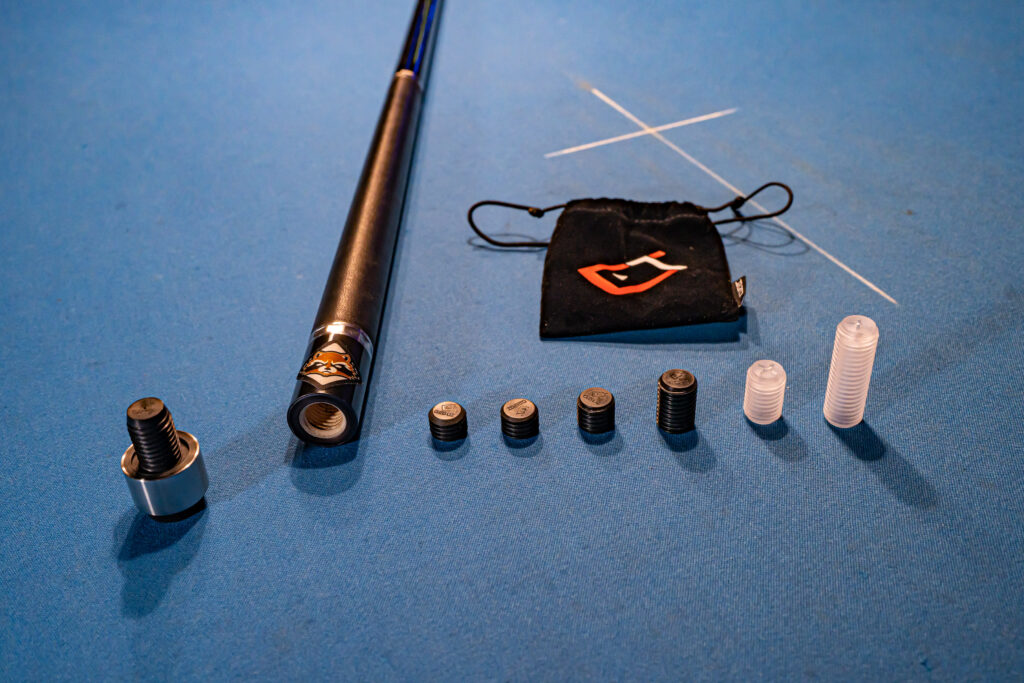
Cuetec Shane Van Boening First Gen cue with Cuetec Acueweight Kit
So how important pool cue balance is anyway? Don’t you need to focus just on your tip, shaft and skills? Well…
The importance of balancing each pool cue to the individual player cannot be overstated in the world of cue sports. Just as every player has their unique playing style, preferences, and physical attributes, the balance of a cue should be tailored to suit these individual characteristics. Here’s why this personalized approach to cue balance is crucial:
Comfort and Consistency:
Every player has a unique stance, grip, stroke, and body mechanics. A cue that is properly balanced to the player’s specific preferences ensures maximum comfort during gameplay. When a player feels comfortable with their cue, they are more likely to maintain consistency in their shots, leading to improved performance over time.
Personalized Playing Style:
Different players employ various techniques and strategies on the pool table. Some may prefer a smooth, flowing stroke, while others might favor a more forceful approach. The balance of the cue can significantly impact how well a player can execute their preferred playing style. Customizing the cue balance allows players to optimize their performance according to their individual strengths and preferences.
Compensation for Physical Attributes:
Players come in all shapes and sizes, and their physical attributes can affect how they interact with the cue. For instance, a taller player may require a longer cue to accommodate their height, but without proper balance adjustments, the cue may feel unwieldy or off-balance. By balancing the cue to the player’s specific physical attributes, such as height, arm length, and grip strength, players can achieve better control and accuracy in their shots.
Adaptation to Skill Level and Experience:
Novice players may have different needs and preferences compared to seasoned professionals. A beginner may benefit from a cue with a more forgiving balance, allowing them to focus on developing their basic skills without being hindered by technical nuances. On the other hand, advanced players may require a cue with precise balance adjustments to fine-tune their performance and gain a competitive edge.
Psychological Confidence:
The psychological aspect of cue sports should not be underestimated. A cue that feels like a natural extension of the player’s body instills confidence and reassurance, which can positively impact their mindset and decision-making on the table. Conversely, an ill-balanced cue may lead to doubt and hesitation, affecting the player’s overall performance and enjoyment of the game.
Conclusion:
In essence, the importance of balancing each pool cue to the player lies in its ability to optimize comfort, consistency, and performance on an individual level. By understanding and addressing the unique needs and preferences of each player, cue makers and players alike can unlock the full potential of their gameplay and elevate the experience of cue sports to new heights.

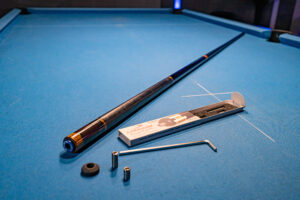
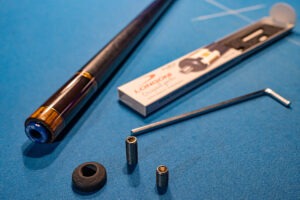


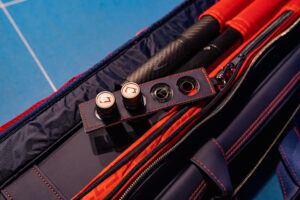
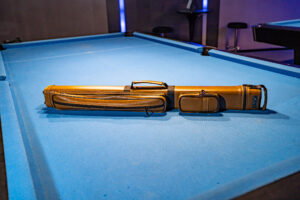
I am now not certain the place you’re getting your information, but good topic. I must spend a while studying much more or working out more. Thank you for excellent information I was on the lookout for this info for my mission.
Hello, James!
First of all thank you for your question and your interest about this article!
I have also struggled with the balance of my cue in the past and the worst thing was that for years I had no idea that the cue balance could have such an impact on my pool stroke, my accuracy and the overall level of my game.
As for my resources for the information, I have been playing pool for over 15 years and I have gained considerable knowledge mainly through trail and error. 🙂
I was reading through some of your content on this website and I
think this web site is real informative! Continue posting.Raise range
Thank you Dane, it took me a lot of time to figure these things out. I hope this information makes a difference to a lot of players 🙂